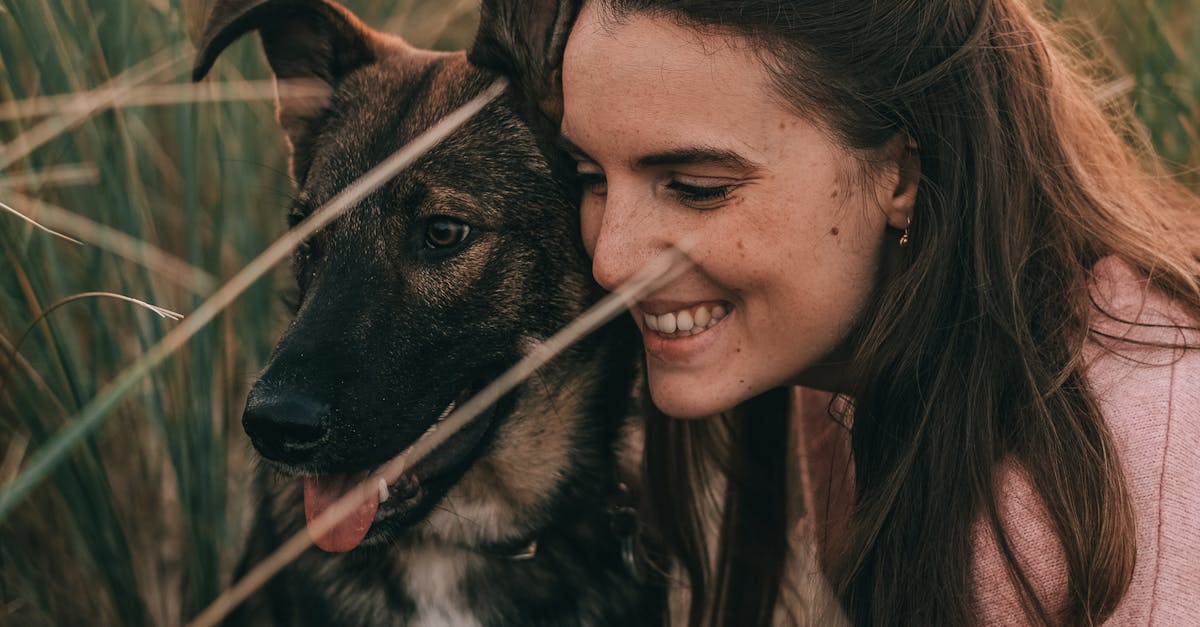Picture This: Understanding Your Pet’s Mind
It’s funny how our pets often seem to understand us better than we understand them. I’ve always thought that if only we could decode their behaviours, we’d have a much richer relationship with our furry friends. The thing is, many pet professionals and owners are now turning to courses on animal psychology to bridge this communication gap. What’s fascinating is that these courses offer incredible insights into pet behaviour that can transform how we interact with our pets.
Interestingly enough, the field of animal psychology is booming, and for good reason. Imagine being able to interpret your pet’s actions, knowing exactly why they do what they do. Picture this: a world where you can read your pet’s mind—how cool would that be? This might sound strange, but understanding animal psychology isn’t just for scientists or researchers; it’s for anyone who loves animals and wants to deepen their bond with them.
So, let’s dive into the world of animal psychology courses and see how they can make a difference in your life and the lives of your pets.
The Importance of Animal Psychology in Everyday Pet Care
Why It Matters
You may already know that pets, like humans, have complex emotional and psychological needs. It’s common knowledge that neglecting these needs can lead to behavioural issues. I’ve been there myself, struggling to understand why my pet was acting out. That’s when I realized the importance of animal psychology.
Courses on animal psychology teach you to recognize and address these needs, making it easier to care for your pet. In my opinion, understanding the psychological aspects of pet care is as crucial as knowing their dietary or exercise needs.
Addressing Common Problems
Here’s a quick story: My dog, Max, used to bark incessantly whenever I left the house. It was driving me nuts! I tried everything—training, treats, toys—but nothing worked. Then, I took a course on animal psychology and learned about separation anxiety. It dawned on me that Max wasn’t being naughty; he was anxious and scared. By applying the techniques I learned, I was able to ease his anxiety, and the incessant barking stopped.
You might have experienced this with your pet too. Behavioural issues like aggression, excessive barking, or destructive chewing often have underlying psychological causes. Understanding these causes can help you address the root of the problem, rather than just the symptoms.
Benefits for Pet Professionals
If you’re a pet professional, such as a trainer, groomer, or veterinarian, having a solid understanding of animal psychology can set you apart from the competition. Speaking from experience, clients appreciate a professional who can explain why their pet is behaving a certain way and offer effective solutions.
It’s interesting how a little knowledge can go a long way. For instance, a groomer who understands that a dog’s aggression during grooming might be due to fear rather than stubbornness can take steps to make the experience less stressful for the pet.
What to Expect from an Animal Psychology Course
Course Content
You’d be surprised at the breadth of topics covered in an animal psychology course. These courses typically include:
- Understanding Animal Behaviour: Learn about the different types of behaviours exhibited by pets and what they mean.
- Emotional Needs: Explore the emotional and psychological needs of pets and how to meet them.
- Training Techniques: Discover effective training techniques that consider the psychological well-being of the pet.
- Problem-Solving: Learn how to identify and address common behavioural issues.
Learning Methods
Most courses offer a mix of theoretical and practical learning. You’ll find:
- Lectures and Readings: Comprehensive materials that cover the basics of animal psychology.
- Case Studies: Real-life examples that illustrate key concepts.
- Practical Exercises: Hands-on activities to apply what you’ve learned.
- Assessments: Tests and quizzes to evaluate your understanding.
Duration and Format
Animal psychology courses vary in length and format, ranging from short workshops to extensive diploma programs. Some are available online, making it convenient for busy professionals.
Real-Life Applications: Transforming Pet-Owner Relationships
Building a Stronger Bond
Here’s a thought: Imagine being able to communicate with your pet on a deeper level. Understanding their psychological needs can help you build a stronger bond. For example, I used to think my cat, Whiskers, was aloof and indifferent. But after learning about feline psychology, I realized that she was just expressing her independence. By respecting her space, I was able to build a more trusting relationship with her.
Enhancing Training Effectiveness
It’s no surprise that training a pet can be challenging. However, with a solid understanding of animal psychology, training becomes more effective. For instance, I learned that positive reinforcement is far more effective than punishment. It goes to show that understanding the ‘why’ behind behaviours can significantly improve training outcomes.
Reducing Stress and Anxiety
Pets, like humans, can experience stress and anxiety. Understanding the psychological triggers can help you create a more calming environment for them. For example, I discovered that my rabbit, Thumper, was stressed by loud noises. By creating a quiet and safe space for him, I was able to reduce his anxiety levels significantly.
The Joy of Learning: Personal Experiences and Testimonials
My Journey
I was struck by how much I didn’t know about my pets until I took my first animal psychology course. It was a revelation! I learned so much about their needs, behaviours, and how to communicate with them effectively. It’s safe to say that this knowledge has transformed my relationship with my pets.
Testimonials from Pet Professionals
- Jane, a Dog Trainer: “Taking an animal psychology course was a game-changer for my career. I can now offer my clients deeper insights into their pets’ behaviours, which has significantly improved my training success rates.”
- Tom, a Veterinarian: “Understanding the psychological aspects of pet care has allowed me to provide more holistic care. My clients appreciate the extra effort I put into understanding their pets’ needs.”
- Lisa, a Groomer: “Knowing why pets behave the way they do during grooming sessions has made my job much easier. I can now create a more comfortable experience for them.”
Taking the Next Step: Enrolling in an Animal Psychology Course
How to Choose the Right Course
If you’ve ever considered deepening your understanding of your pet, now you know that animal psychology courses are a fantastic option. Here’s a quick guide to choosing the right course:
- Accreditation: Ensure the course is accredited by a reputable organization.
- Content: Look for courses that cover a broad range of topics.
- Format: Choose a format that suits your schedule, whether it’s online or in-person.
- Reviews: Check reviews and testimonials from previous students.
Where to Enrol
There are numerous institutions offering animal psychology courses. Some well-known options include:
Final Thoughts: Embrace the Journey
In my opinion, understanding animal psychology is one of the most rewarding investments you can make as a pet owner or professional. It’s interesting that a little knowledge can transform your relationship with your pets, making it more fulfilling for both of you.
If you’ve ever felt frustrated or confused by your pet’s behaviour, consider enrolling in an animal psychology course. It’s a journey worth taking, and you’d be surprised at how much you’ll learn. To put it simply, understanding your pet’s mind is the key to a happier, healthier relationship.
So, what are you waiting for? Dive into the fascinating world of animal psychology and unlock the secrets to a deeper bond with your furry friends. 🐾







